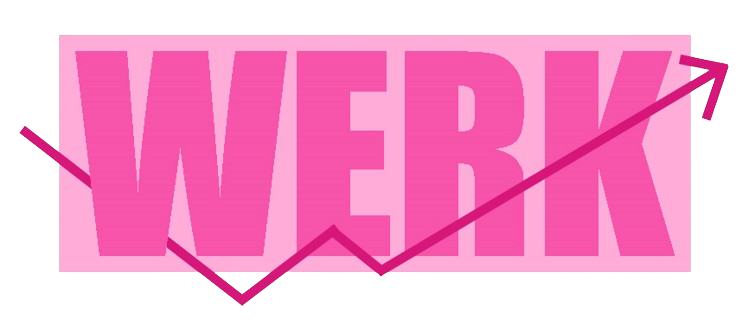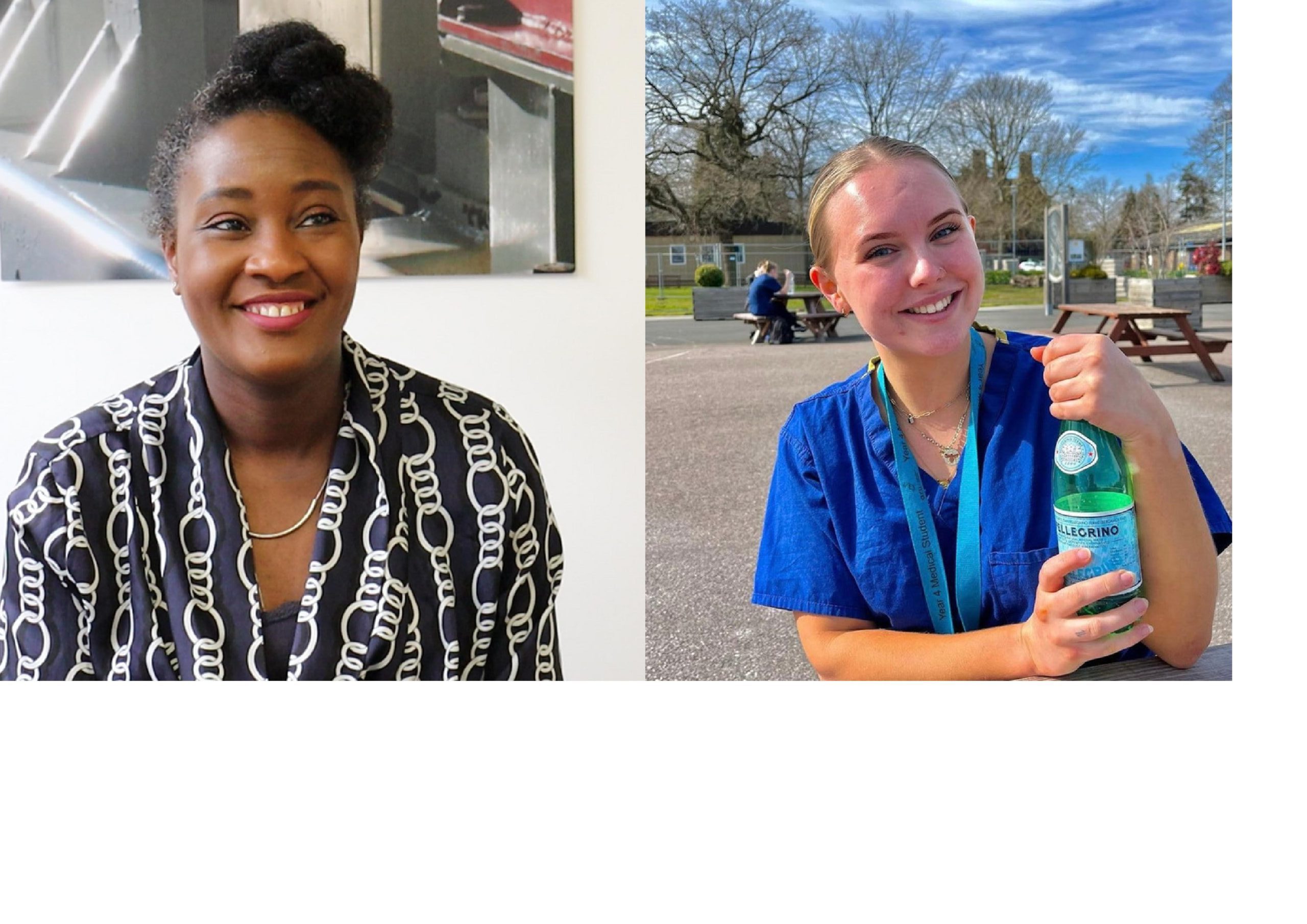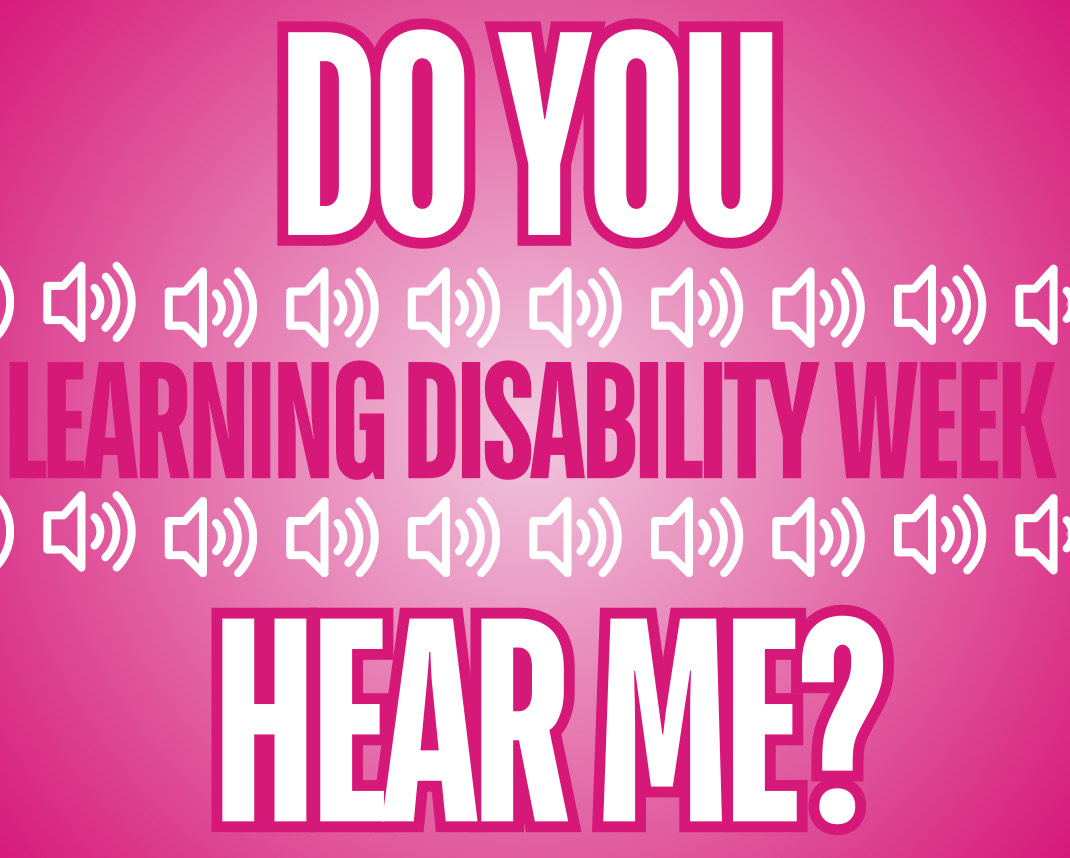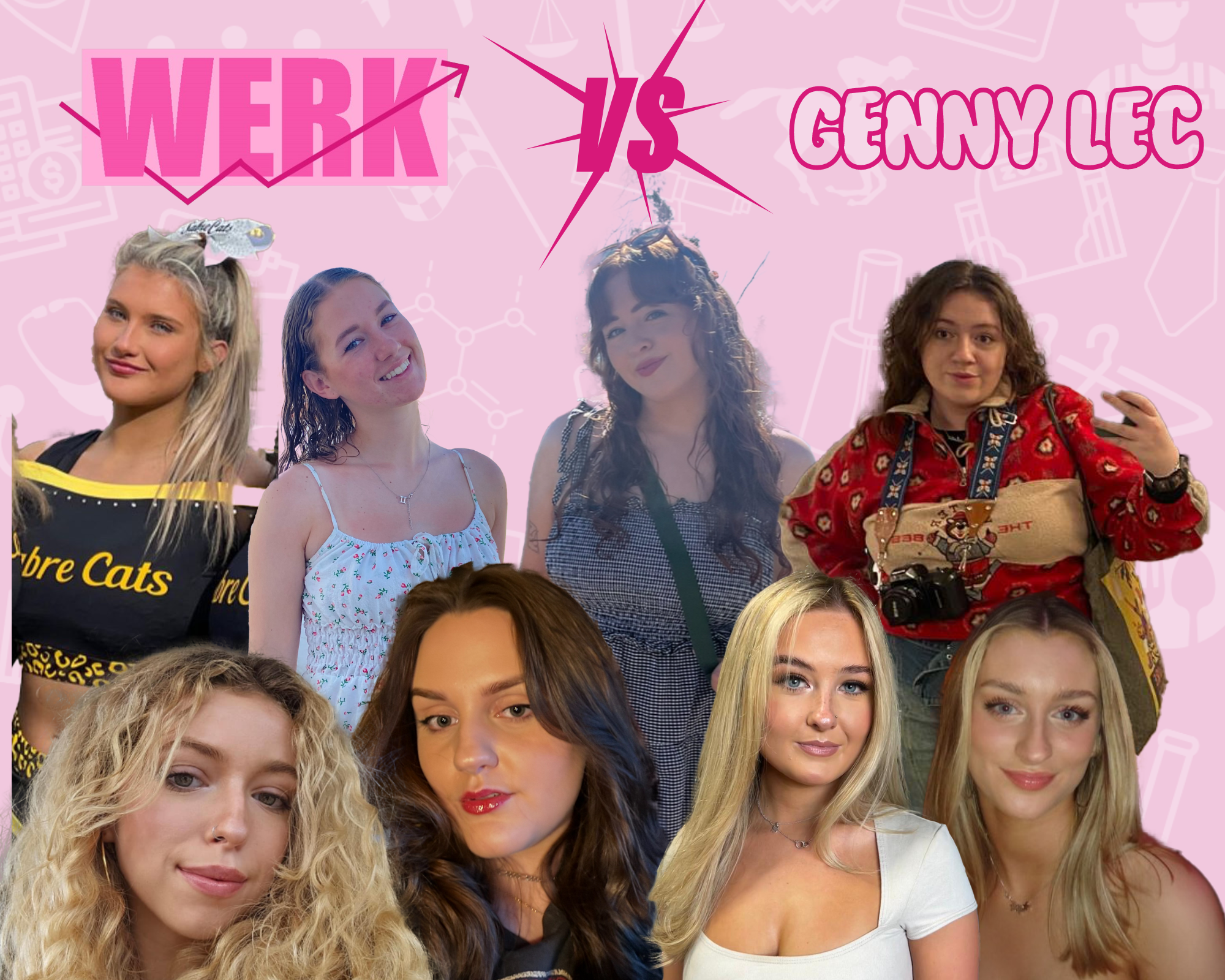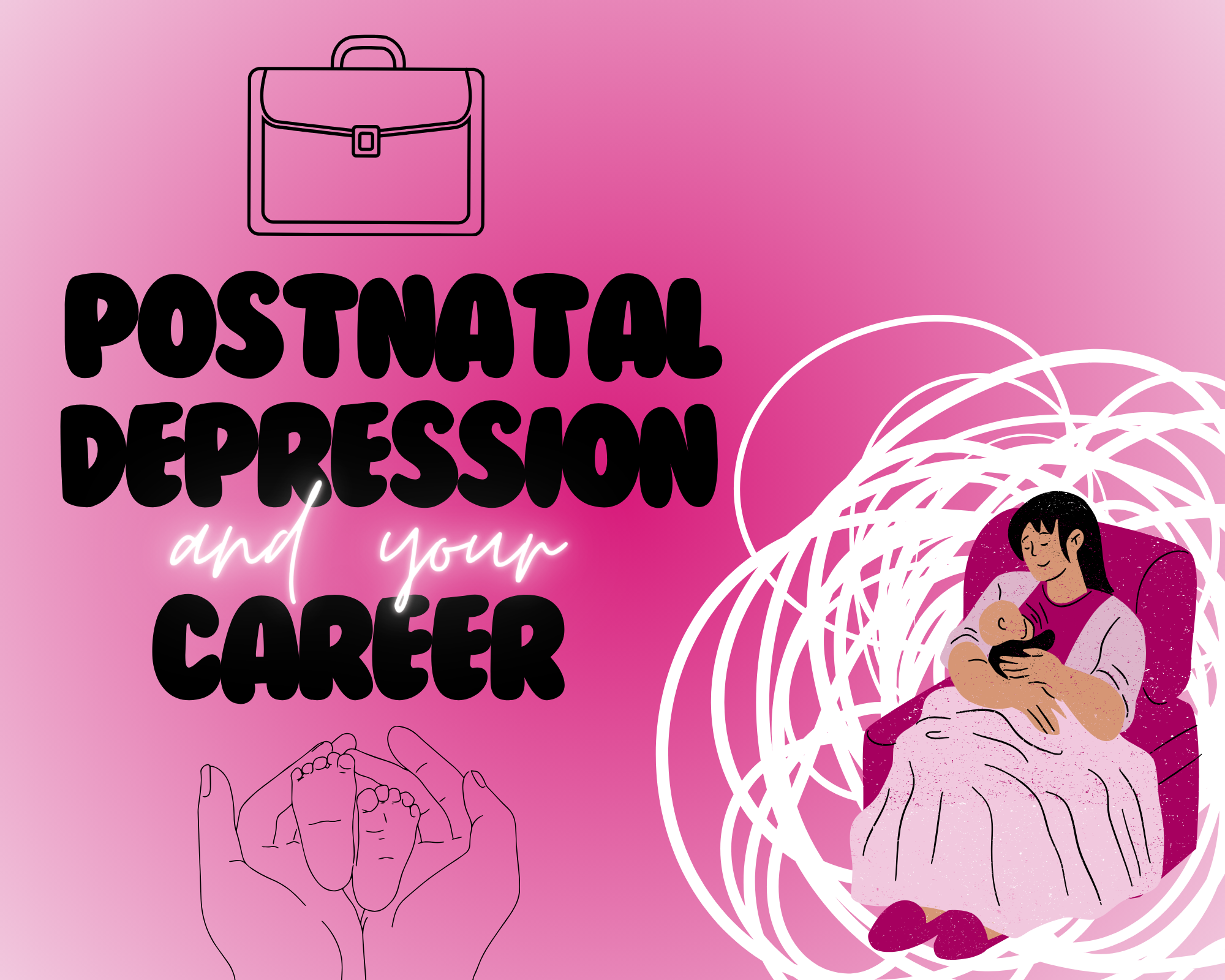Facing sexism, feeling undermined and being outnumbered in the workplace is a predicament many women in STEM know all too well. Facing personal barriers alongside this however, such as being an ethnic minority or neurodivergent, may leave women feeling like they’re fighting a losing battle. WERK spoke to two women who’ve experienced this but continue to blaze a trail both within their profession and personal endeavours.
Dr Nike Folayan MBE, 45, is a chartered electronics engineer and co-founder of the Association for Black and Minority Ethnic Engineers UK
I briskly walked into the first meeting I was directing for the day and began making myself a ‘red bush’ herbal tea, sweet and slightly nutty but not usually a crowd pleaser. Just before I turned around to find my seat at the head of the table, I felt a presumptuous hand grab my drink off me. “Thanks for the tea love”. To my embarrassment, and shortly his, a male member of staff in the engineering department had presumed I was there to serve drinks. “Now let’s begin” I administered. I don’t know if the tea wasn’t to his liking or he wanted the ground to swallow him up but his face communicated appropriately for both.
This wasn’t my first or final run in with sexism, my days at University set the tone for my future struggles. There were only four girls in my electrical engineering course. Day in and day out I assured them that I understood the theory from today’s lecture and I definitely didn’t want to see their notes. This was despite their persistence that I must be confused and even though I didn’t ask for it, I surely needed their help.
I was sure that once I was qualified, these underestimations would stop. Alas, on my first day in the office at an engineering consultancy I was taught firstly how to make the coffee, I didn’t see any of the men on the team learn this trade. Initially their assumptions didn’t affect me, I excelled in the work I was set and was often asking for more. This however was to the distaste of my line manager, who created an extremely hostile environment for me, he thought I was overly eager and incapable of producing work to the same standard as a man.
My colleagues began calling me ‘the mumbler’, a pretty self-explanatory nickname. I’d been treated so differently to my male counterparts, was even restricted from partaking in certain projects. My confidence was on the floor and I mumbled my way through it.
I’ve always leaned on my brother Ollie in times of need. As I confided in him about my poor treatment in the office, I realised that we’d faced really similar experiences. He works in the oil and gas industry. Ollie’s a male and is relating to my experience, what was it about us that made us targets? We’re both black.
This realisation came in 2007, during a time when diversity and inclusion wasn’t so trendy. The Guardian’s front page read ‘Blair blames spate of murders on black culture’. That day Ollie and I sent an email to all our friends of colour in the engineering space. We were attempting to band together an ethnic minority body with members in high up STEM positions to be role models for the children in our local community.
Our first meeting only summoned three other members, however 17 years later we have over 2500 members, about 80 corporations that support the work that we do and over 20,000 beneficiaries. We have programmes that support people from primary school all the way up to professional level and leadership positions.
Still, my experience is different to Ollie’s, I experience the battle of intersectionality, sometimes I feel bottom of the pecking order. The UK engineering industry is only 16% women and within that only 1.5% are women of colour. Me and my friends joke that we probably know all women of colour in the entire space. When comments like “Nike, did you know you’ve got the biggest arse in the office” are fired at you in a manner of normality, it’s important to reach out to women who relate. I’ve always felt like other women of colour in the engineering industry were only a phone call away, debriefing with them about the intersection of racism and sexism struck the start of a sisterhood.
That’s why I wanted the AFBE to be a community that encourages women of colour to stay in the engineering industry, we can attempt to support each other and achieve continuity when times feel tough. I know countless women that have walked away from their career and never come back because of their experiences with ignorant coworkers.
For girls who are interested in engineering, the industry is on a journey of change and a realisation of the need for women is progressively persevering. Companies are realising that change and innovation both includes and needs women. If we lose the women that are joining the industry because of discrimination and barriers, we will lose our own innovation, we will lose our own creativity, we will lose our opportunity at creating a better world. And we don’t want to do that, do we?
Faye Bate, 25, is a doctor and has a large social media presence across multiple platforms
Nurses are absolutely incredible. My Mum’s one, my Nana was one, they’re the backbone of the NHS and I’d be proud to be one. However, I’m not one, I’m a doctor. And the constant presumption that I must be a nurse and can’t possibly be a doctor because I’m a woman is discriminative and frankly, dangerous. The British Medical Association did a study on cardiac arrest situations, keeping in mind that every single second counts. In almost all cases, it was presumed that the male doctor on shift was the most senior member of staff. Whether he was a graduate, consultant or senior, he was the first port of call. These valuable seconds wasted making sexist assumptions could genuinely be a life or death situation.
Some discrimination can be life or death and some can just be outright rude. As a female graduate doctor with ADHD, being the pit of misconceptions was a given. I’m chatty, slightly erratic and have an unignorable Welsh twang to my voice. In a room full of colleagues I asked: “Did you see the Diane Abbott situation? Likening anti-semitism to teasing redheads, it’s awful”. After the conversation continued amongst us all my male colleague turns to me, straight faced, and explains “so you see Faye, the conservative party is referred to as something called ‘the right wing’ whilst the labour party is referred to as ‘the left wing’. I’m 25 years old and have voted in two general elections. I’m also highly politically engaged.
If you’re an intelligent professional, you’re influenced to avoid being outgoing or personable, to avoid undermining your position. One big characteristic of females with ADHD is forgetfulness. I’m constantly anxious at work that I’ve forgotten to do something. Did I write up that prescription? Did I definitely take that patient’s bloods? Did I refer that new arrival on the ward? Honestly, avoiding coming across as personable is sometimes the least of my worries.
The struggle can seem insurmountable, especially on the days I don’t take my medication, however my ADHD is also my superpower. Without ADHD I never would’ve started my Youtube Channel, which came entirely from a place of boredom and impulsivity. I didn’t really have regard or concern for other people’s opinions, which can come hand in hand with ADHD. My brain craves change and variety, which social media offers me alongside my studies and current occupation. I currently have 197 ‘000 subscribers on Youtube where I post videos about life as a doctor, my journey through medical school, my personal development and general lifestyle content. I have a platform to be creative, keep myself busy and educate people on ADHD in women.
During my time at school I could’ve used a social media account like my own. I didn’t receive an ADHD diagnosis until I was in my fourth year of medical school. Unknowingly, I was exhausted from struggling with unmanaged ADHD symptoms and in turn, this caused my grades to suffer and stopped me getting into medical school the first time around.
I wondered whether I was depressed, I looked around and saw the academic consistency in all my friends that I just couldn’t master. However I wasn’t necessarily sad, I was attempting to make my brain function in a way it’s not wired to. With a stroke of luck that Anglia Rudkin University was accepting late entries for A-level resitters like myself, I secured my place at medical school.
Often there’s an assumption that ADHD looks like a young boy who climbs trees and is unruly. Studies on male ADHD brains have been the point of reference for so many years. For me, ADHD looks like impulsively blurting out the wrong thing at the wrong time, being late to that important Mother’s Day brunch and rolling the dice on whether I’ll feel on top of the world or unable to get out of bed tomorrow.
I now understand that although my brain doesn’t always desire it, I need structure. I think from being self reflective, you can create a framework that works for you. If you’re in a situation where something isn’t working, don’t blame yourself. Take a step back. Try and change something so that it does work for you.
This piece is based on conversations had with these women, interpreted in my own words, quotes are not verbatim
